Standing room only at the Evening Standard SME-XPO yesterday where our co-founder Jeannette Pearce MBE kicked off the day with a reading from our best-selling book, Better Off Working Wild. JP then invited Dragon’s Den Investor Deborah Meaden to join her for a discussion on planet positive business. They then compared ideas, stories and encouragement from Deborah’s vast career and portfolio as sustainable business leader.
Meanwhile our co-founder Sara Turnbull was across the hall moderating a session on Inflation Mania that gave an insight on how smart SMEs are getting forensic on costs and productivity to give them flexibility to be able to support staff through the affordability crisis. That built on the raucous and high energy panel on Diversity and Inclusion Sara led on day one where the audience took the mic to share real life experience and guidance on building inclusive cultures that attract and retain high quality teams.
Finally JP & Sara were invited by Google to join their fireside chat on green computing and all things sustainable for future business. They spoke about the potential for rapidly decarbonising small businesses and shared the #airplanemode tool from the book to help business leaders get into deep focus.
The agenda for both days was ram-packed full of good business topics and huge thanks to the Evening Standard team for inviting our authors and coaches Sara & JP back to speak next year.


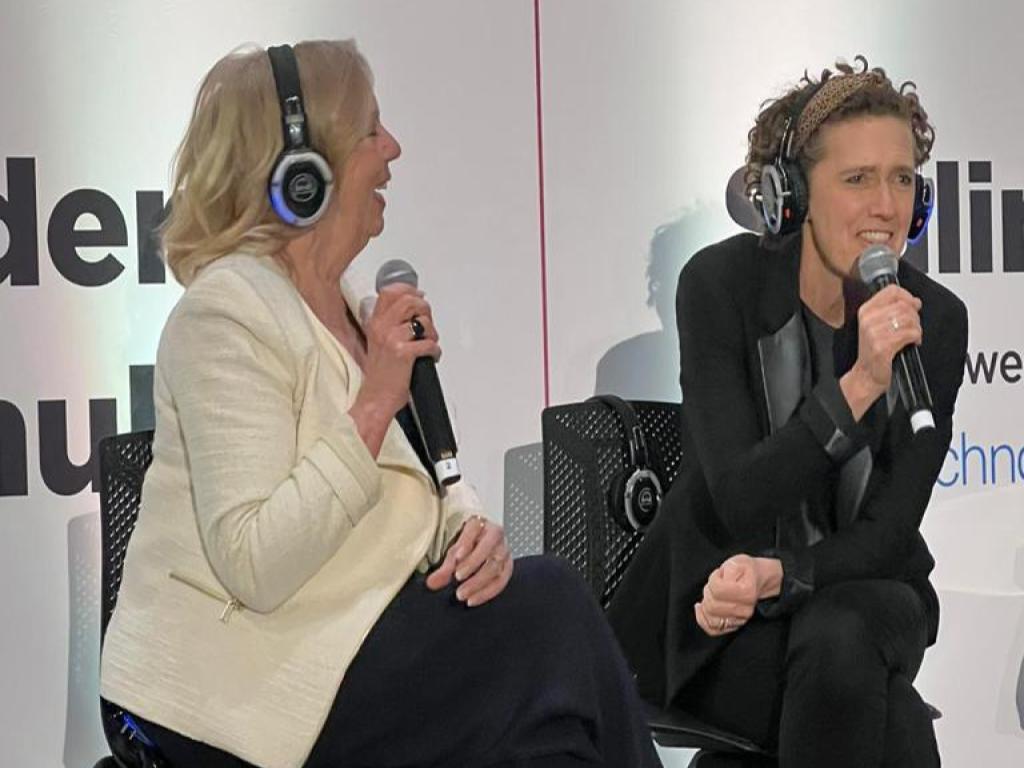

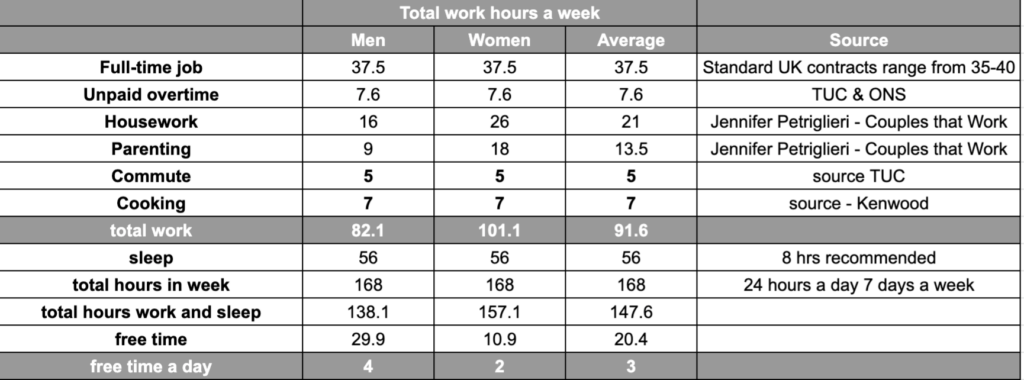
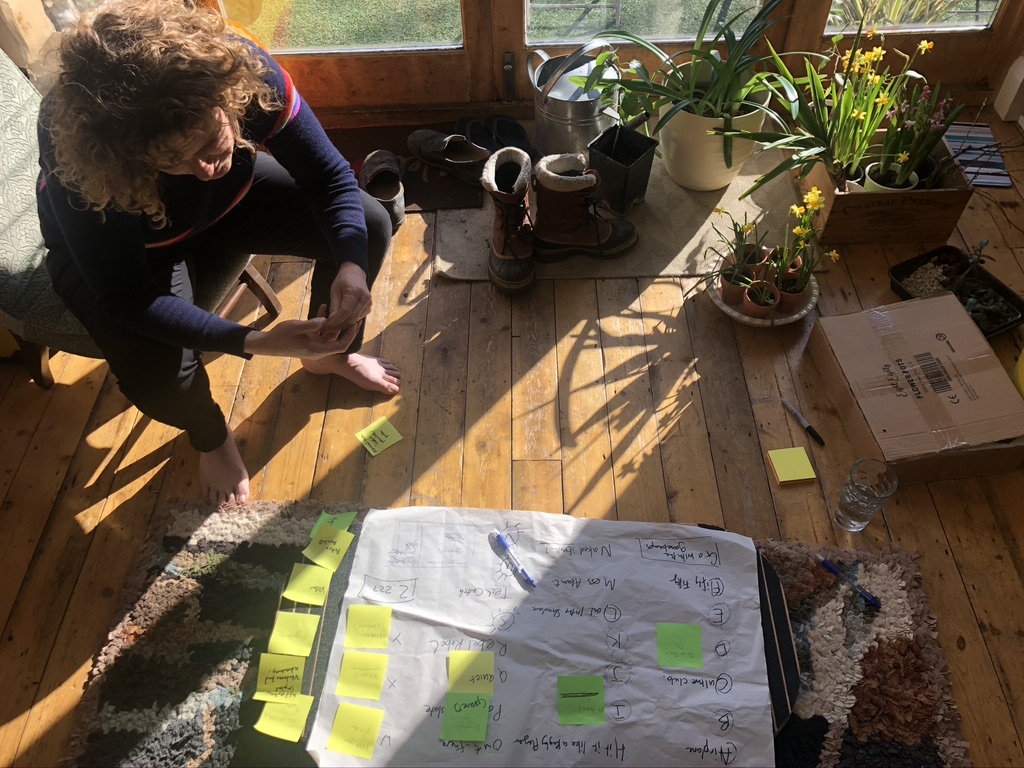
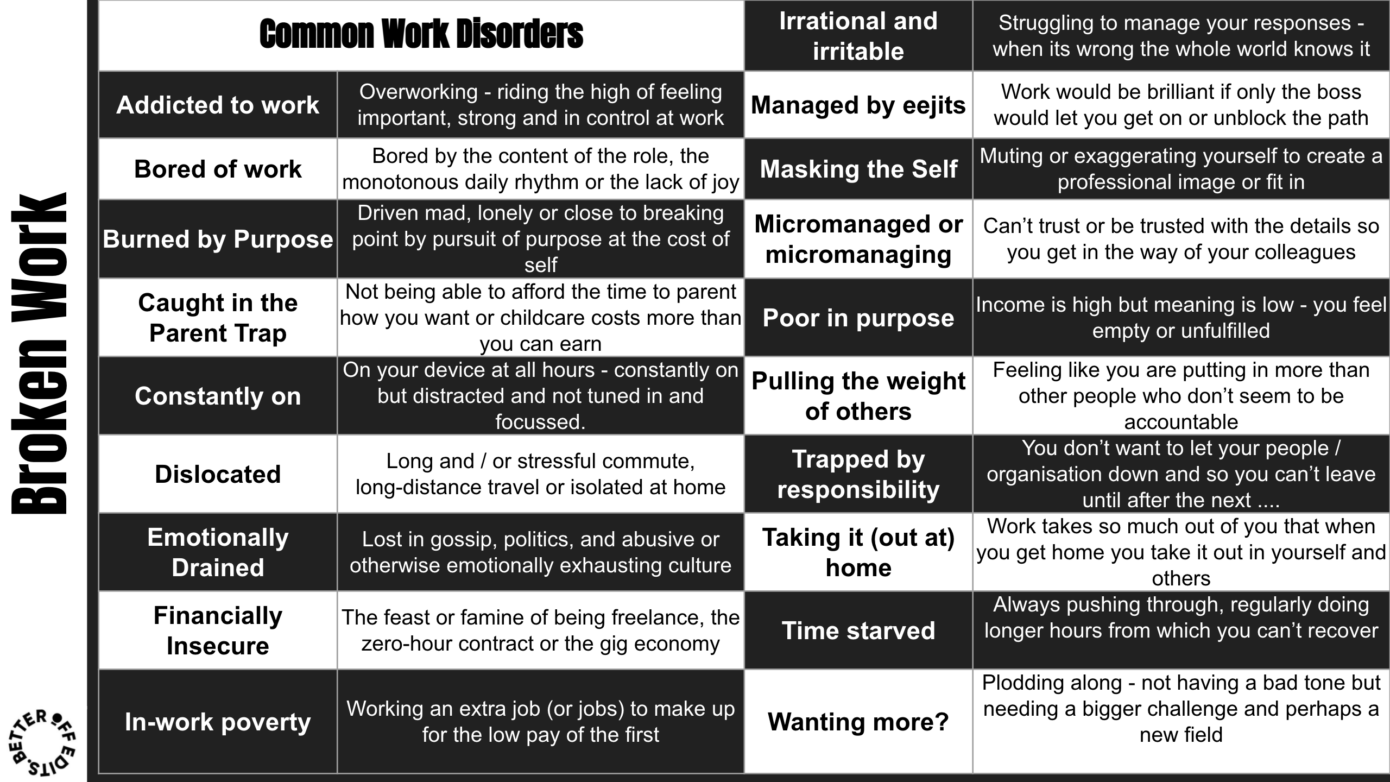
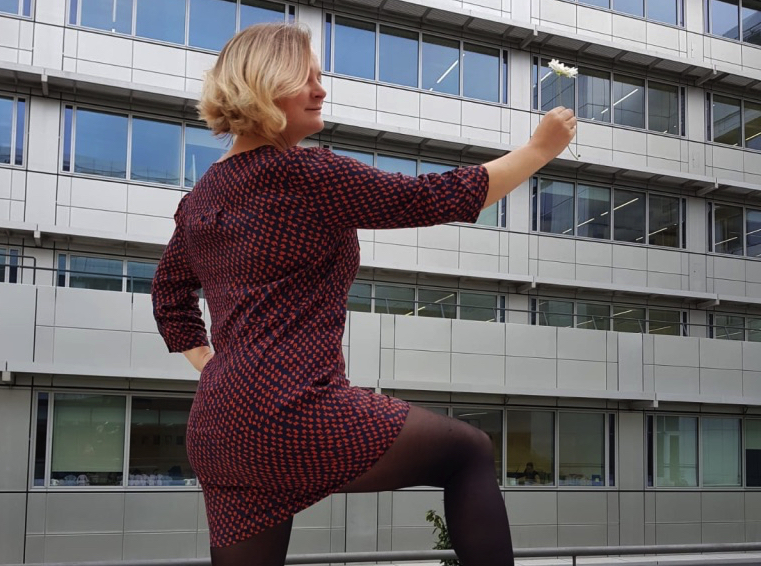
Dive straight into the feedback!Login below and you can start commenting using your own user instantly